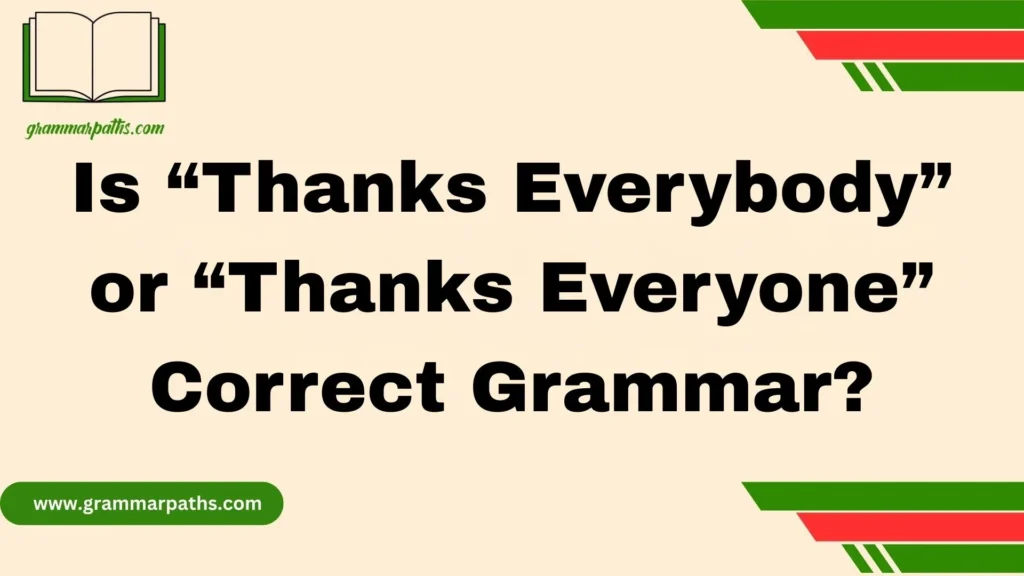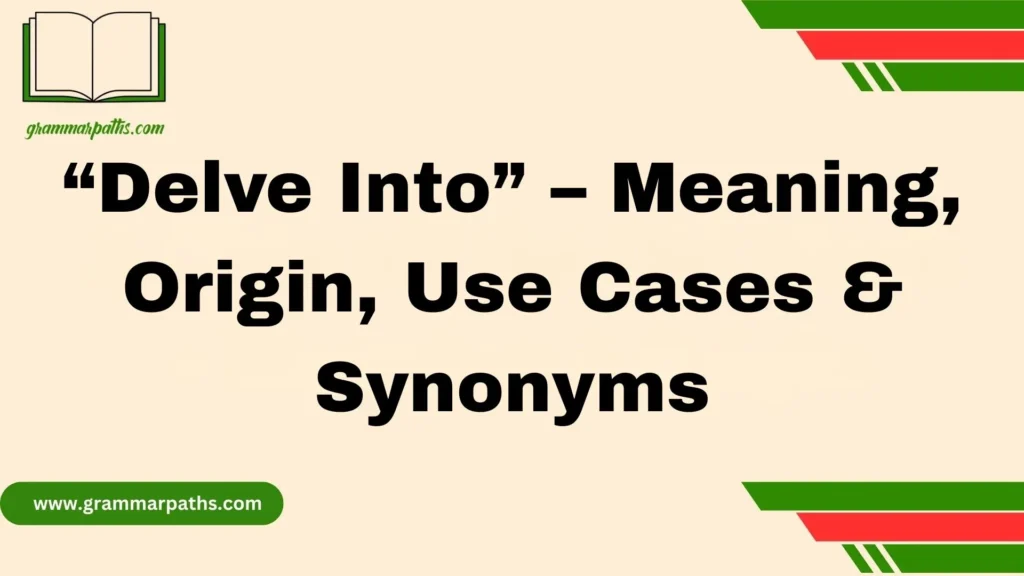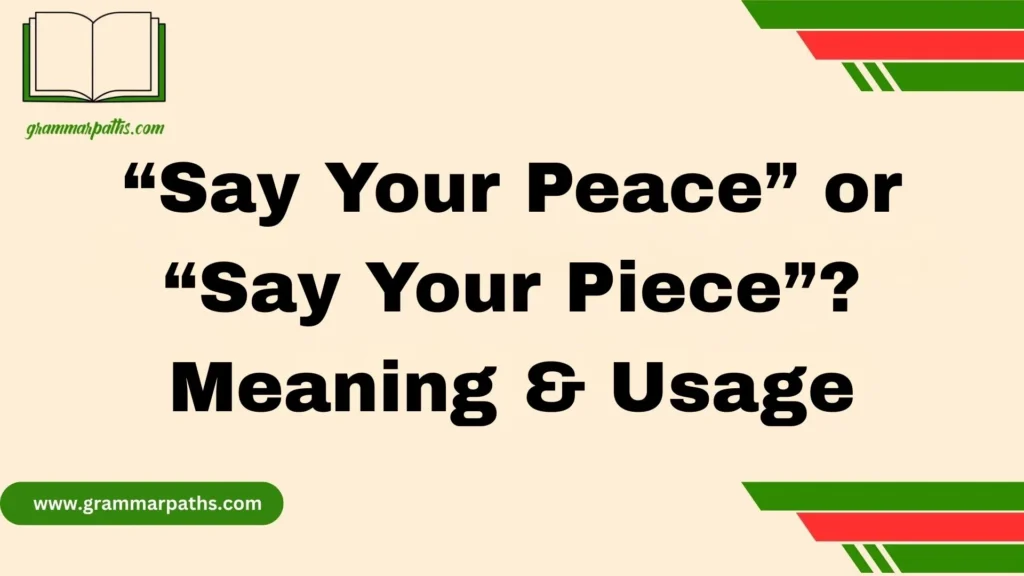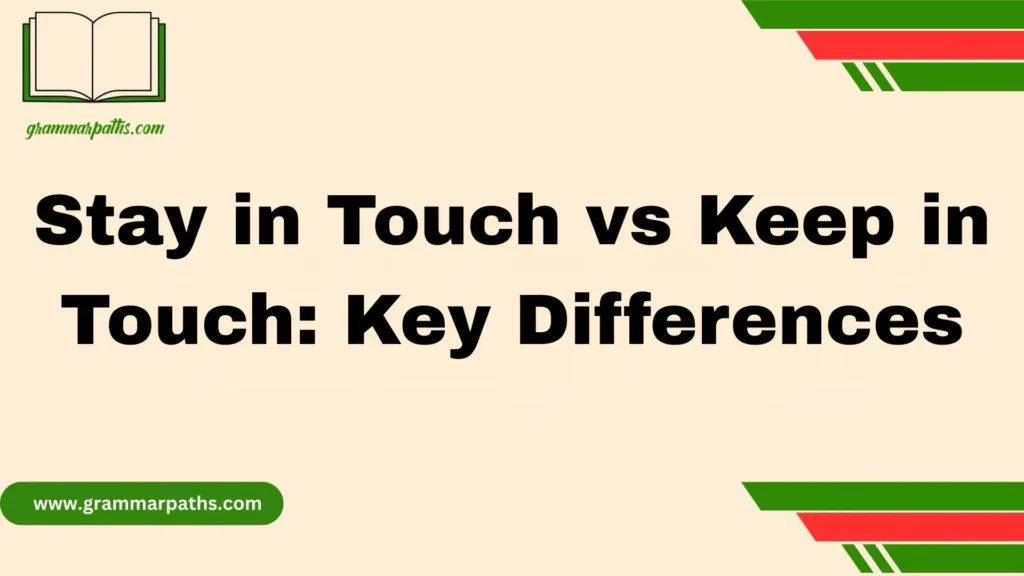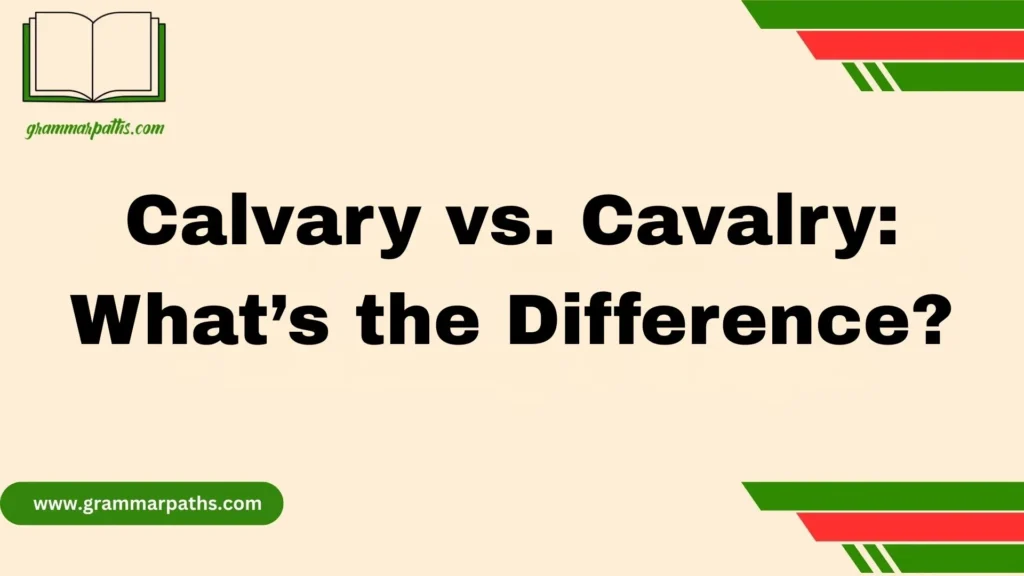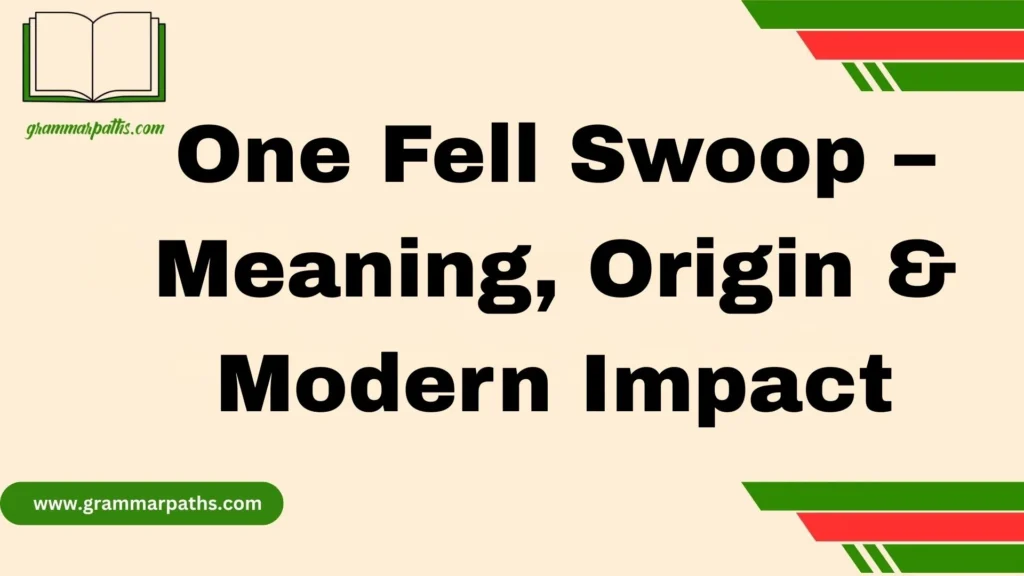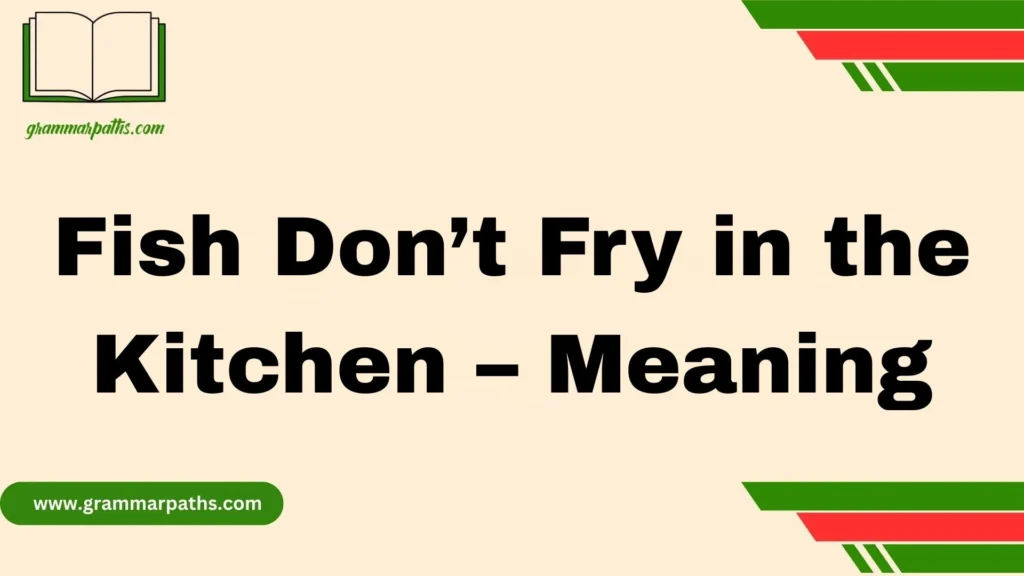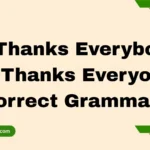Leotard vs Tights – What’s the Real Difference?
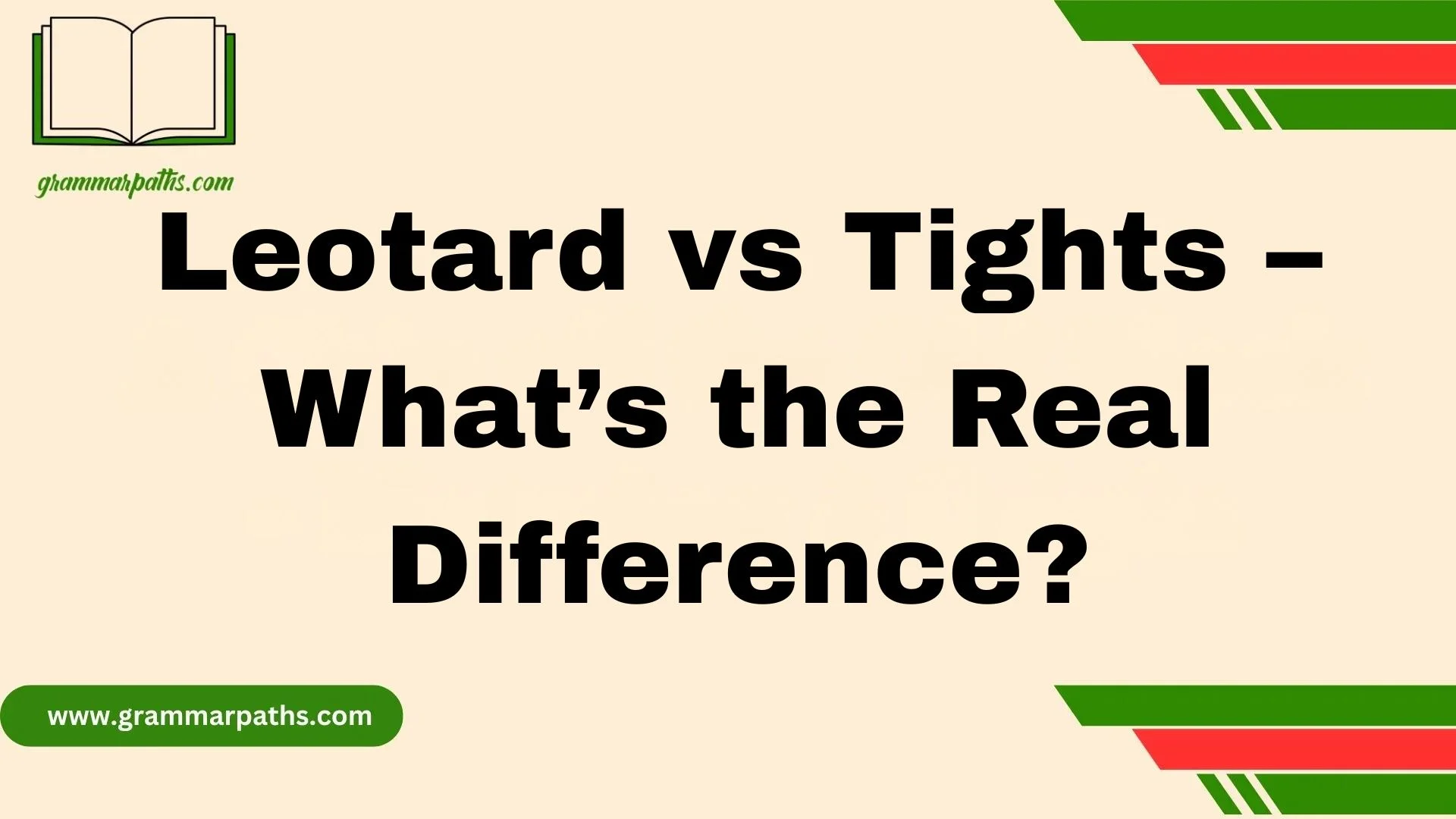
When I think back to preparing for a ballet classroom or stage recital, choosing between leotards and tights always felt ...
Read more
Is It Correct to Say “Much Better”?
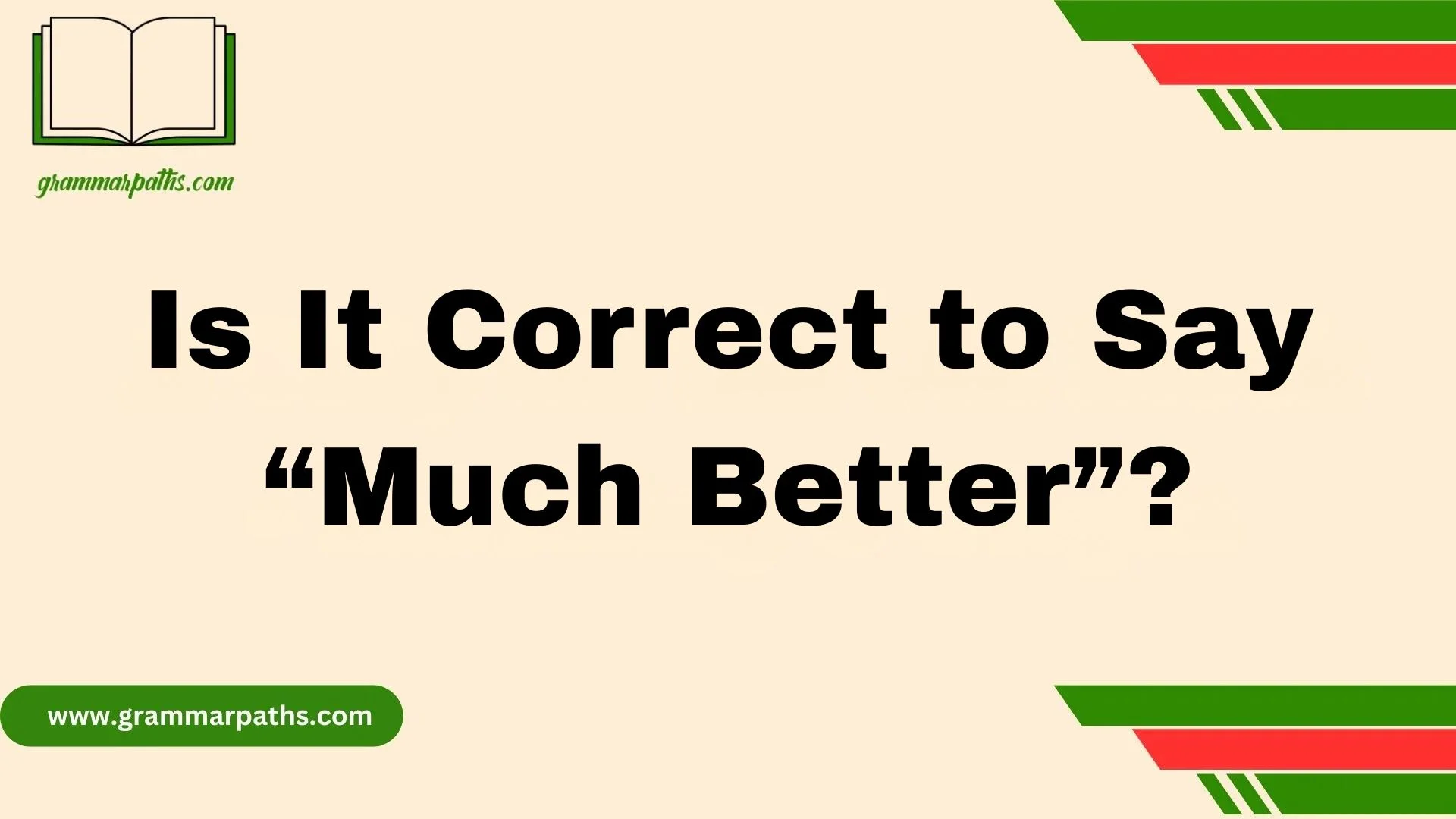
In everyday speech, the phrase Is It Correct to Say “Much Better”? often feels natural—its positive tone and perception easily ...
Read more
Receiver vs Reciever – Which Is Correct?

The debate of “Receiver vs Reciever – Which is Correct?” often stems from confusion around English spelling rules. The correct ...
Read more
Foolproof or Fullproof – What’s the Difference?
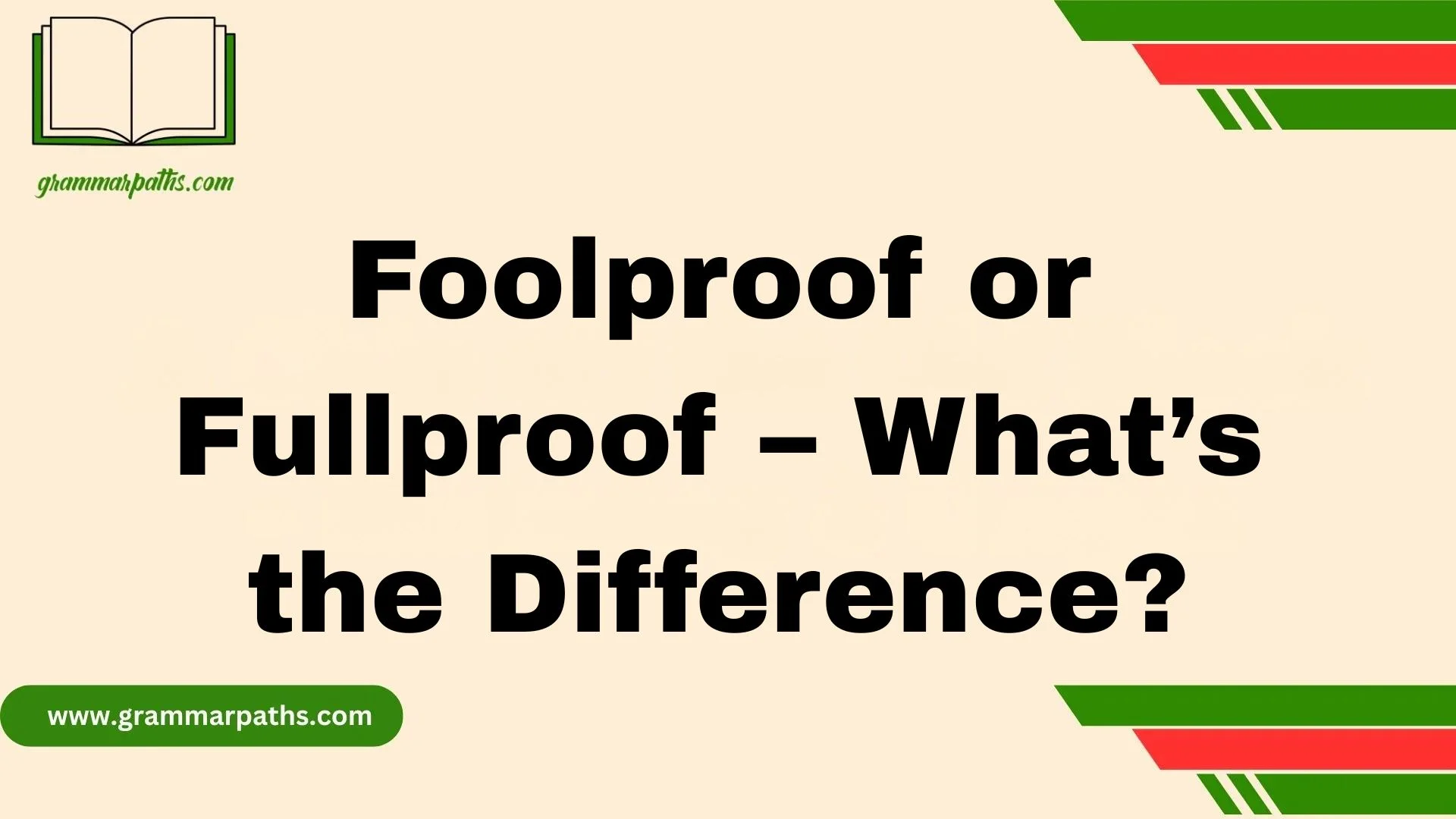
The confusion between foolproof and fullproof is something many native English speakers still face, especially when writing important documents like ...
Read more
Of Course or Ofcourse: Which One Should You Use??

Many English learners often wonder why “ofcourse” isn’t accepted in formal writing, especially when it’s used so often online. This ...
Read more
Patron vs. Benefactor: What’s the Real Difference, Really?
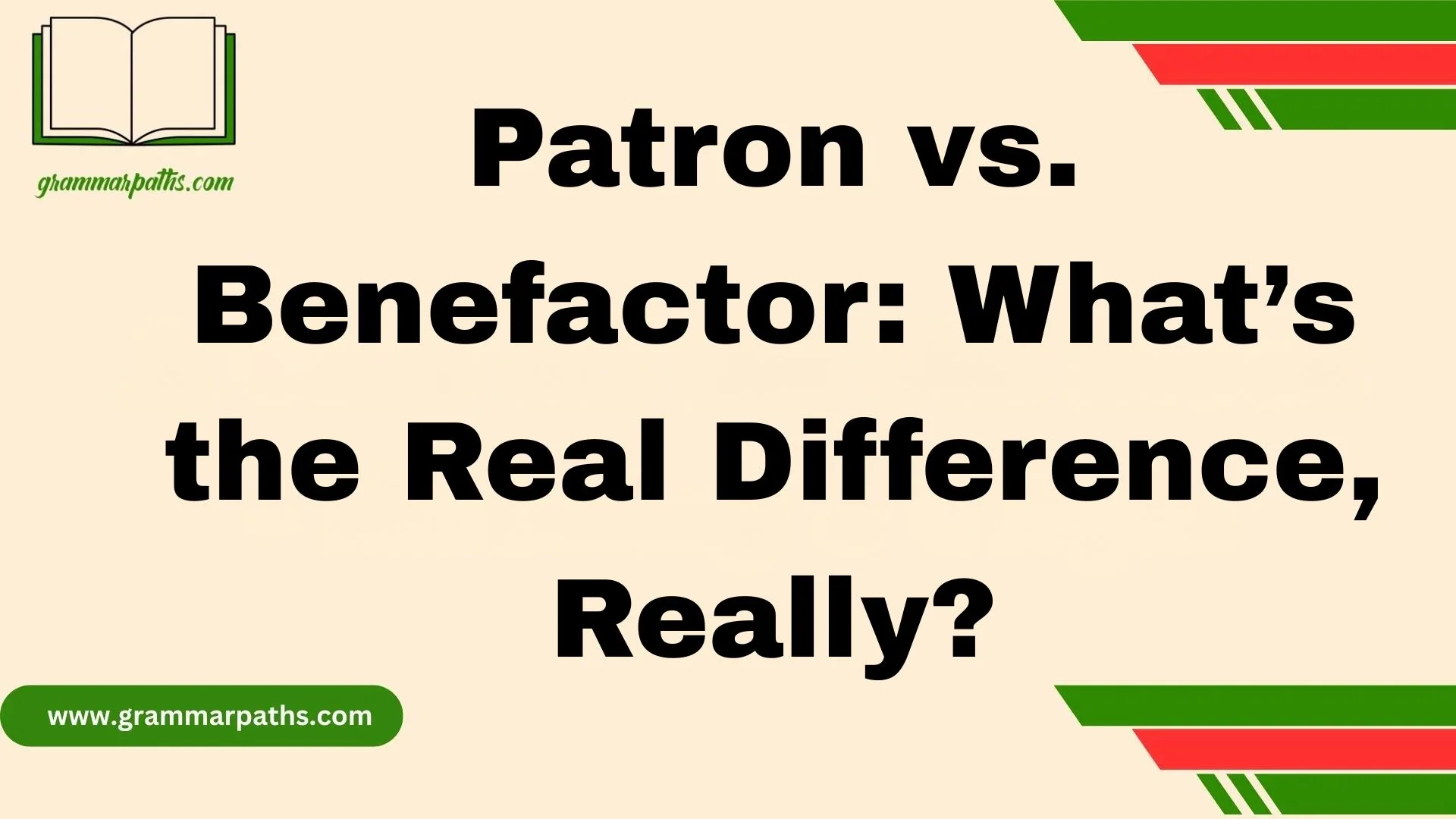
Looking at history, it’s clear that both patrons and benefactors have shaped entire civilisations in powerful ways. Take the Medici ...
Read more
24 Hours Notice or 24 Hour’s Notice or 24 Hours’ Notice?
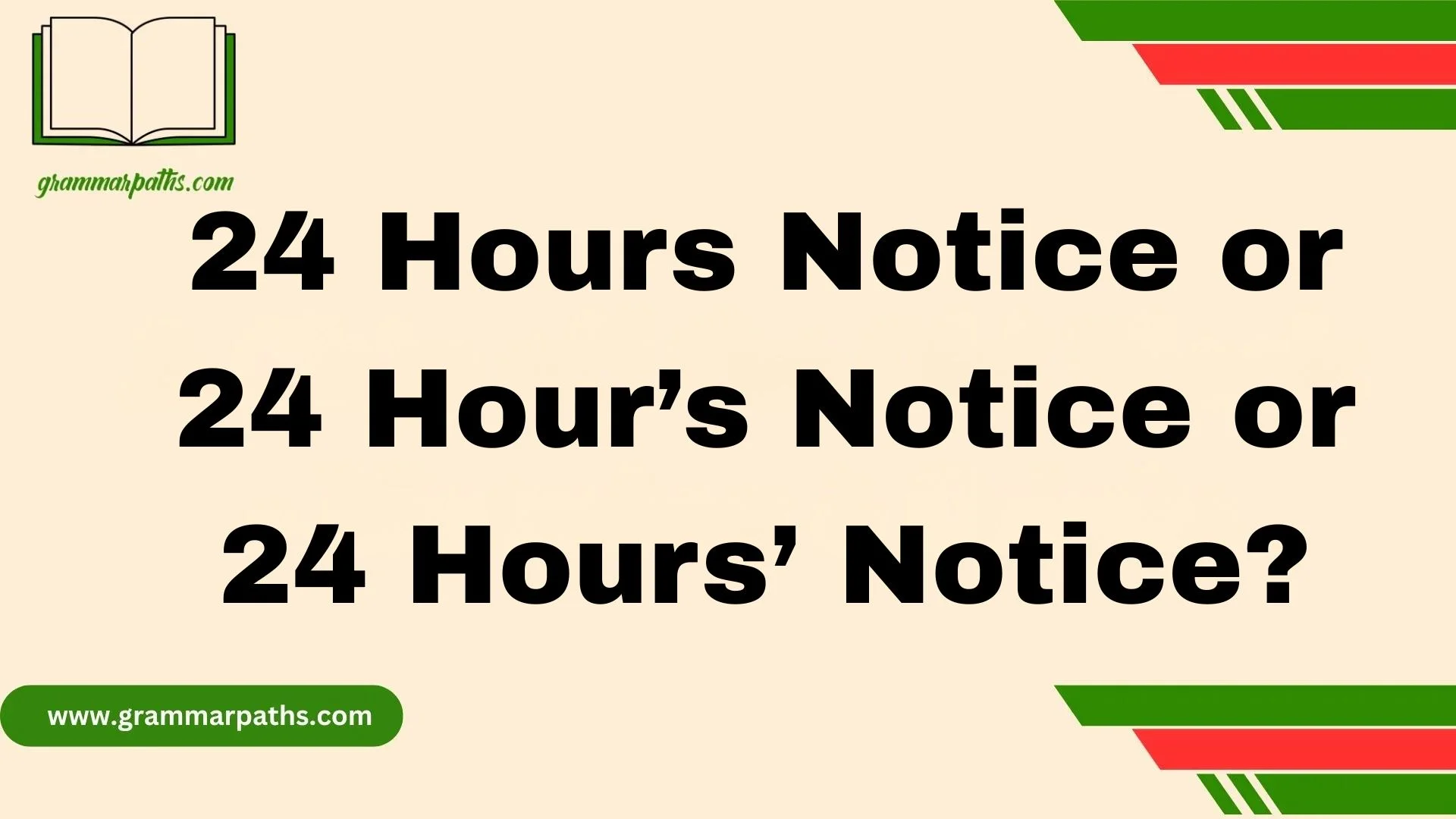
The phrase “24 Hours Notice or 24 Hour’s Notice or 24 Hours’ Notice?” shows up a lot in company policies ...
Read more
Run Like the Wind – Meaning, Origins, Examples & Modern Use

Some people instantly associate the phrase Run Like the Wind with incredible speed, but there’s a deeper layer to its ...
Read more
A Piece of Work – Meaning, Usage, and Cultural Implications
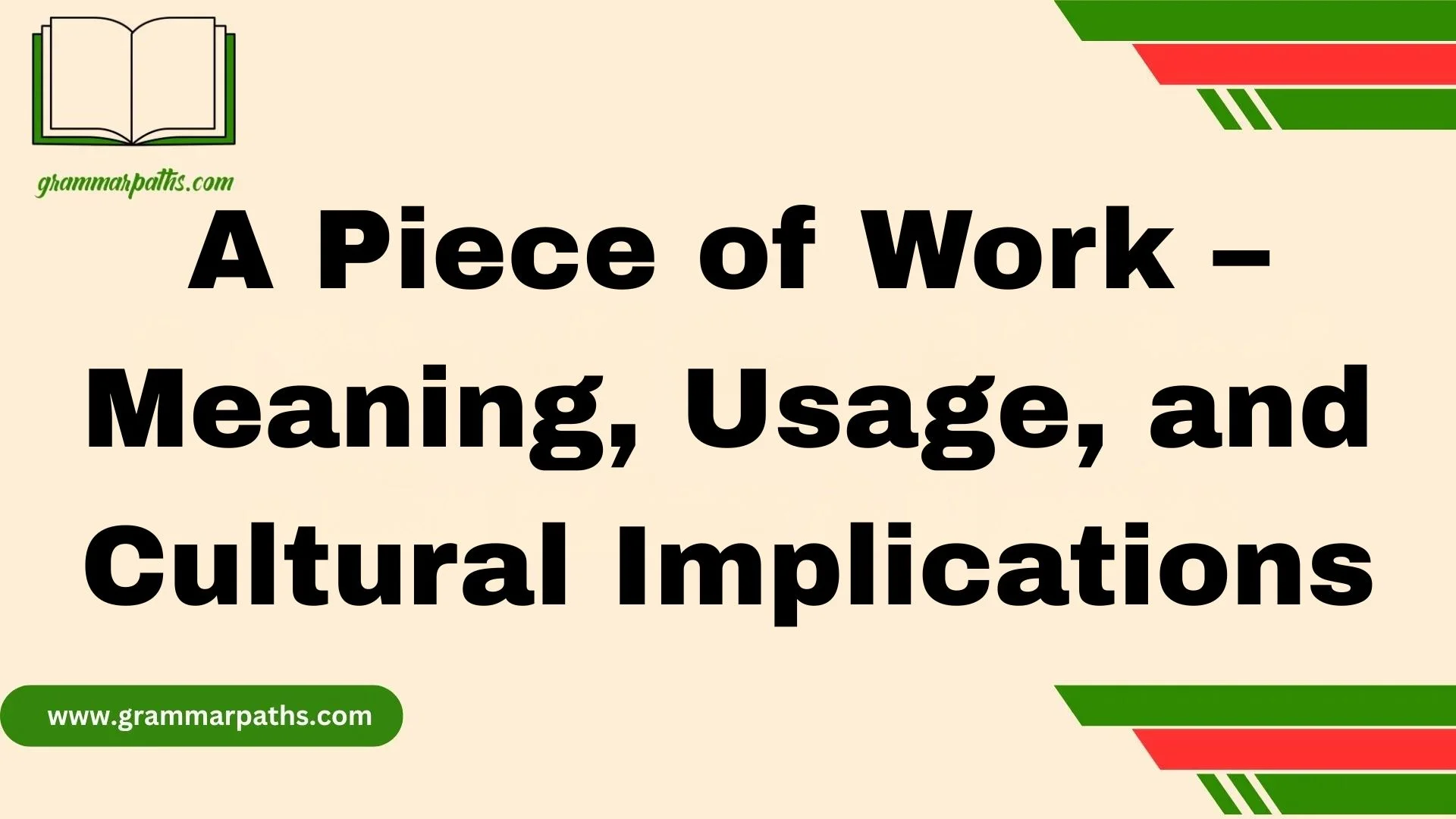
When I first heard the English idiom “a piece of work,” I thought it was a simple compliment. But, wow, ...
Read more
Aging vs Ageing: What’s the Real Difference
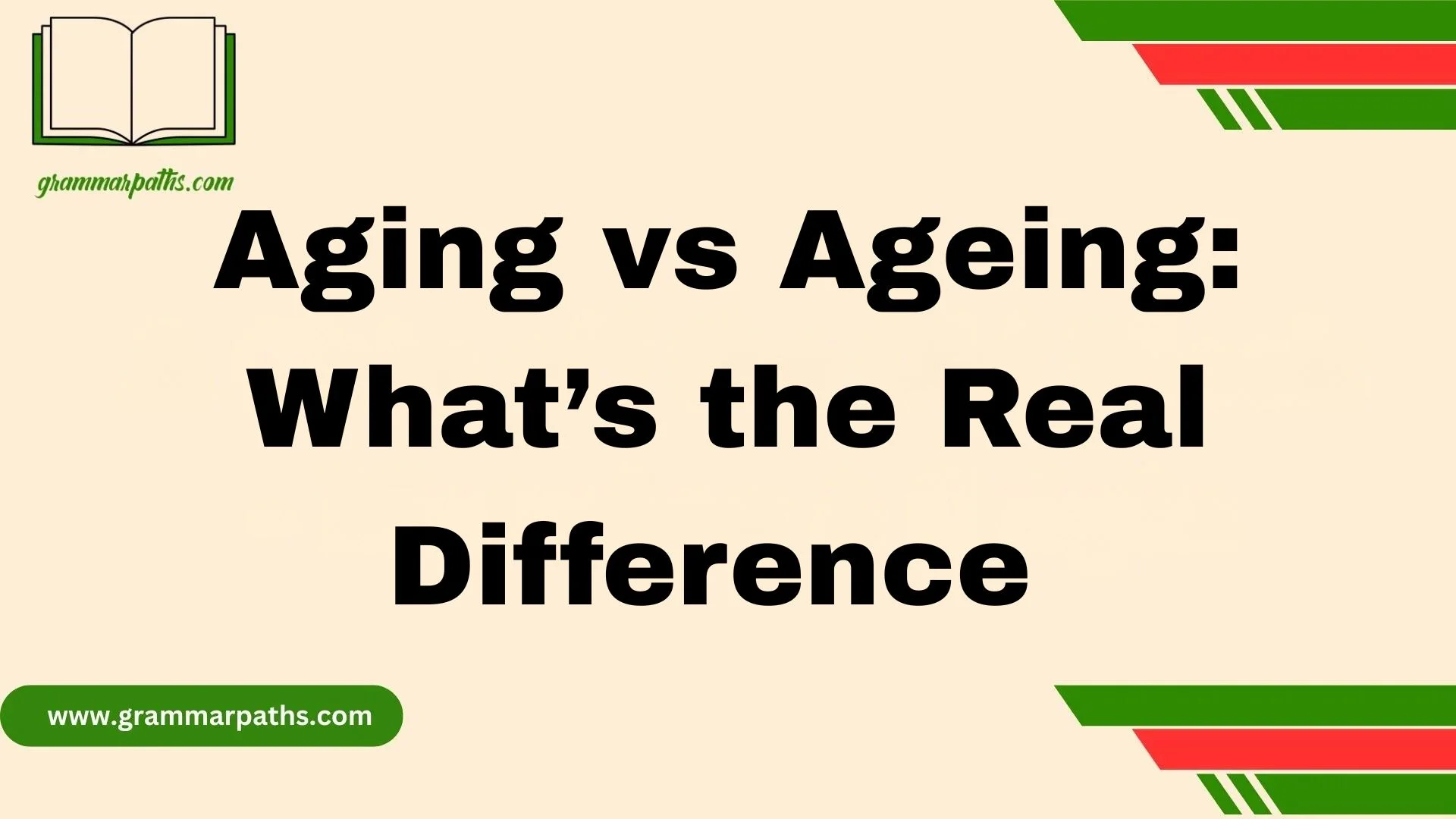
When I first noticed the variation between Ageing and Aging, it struck me how regional preferences can shape even simple ...
Read more
